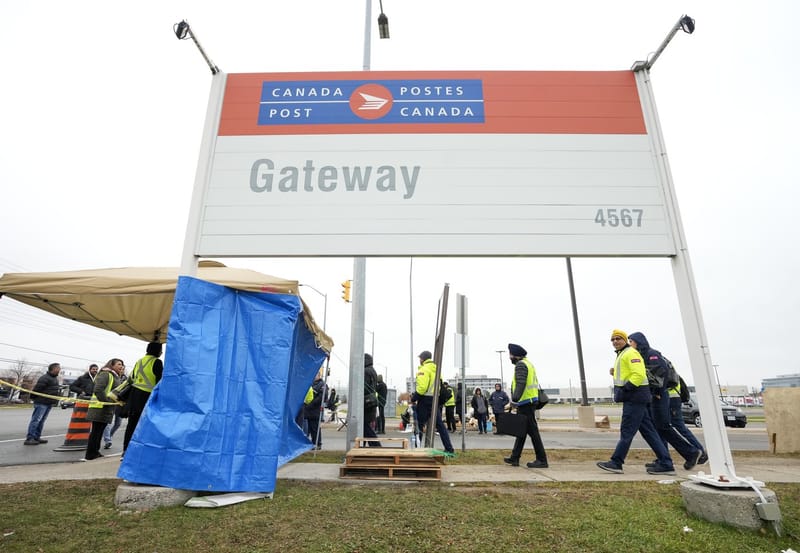Beginning with the next academic year, Saskatchewan schools will be implementing the pronoun law
Premier Scott Moe's Saskatchewan Party government introduced the pronoun requirement in August 2023 to ensure parental involvement in their children's lives.

Saskatchewan's two largest school divisions are preparing to implement the province's pronoun law as students return to classrooms next week, stating that they have addressed teachers' concerns.
Jason Coleman, the superintendent of student achievement at Regina Public Schools, noted that students under 16 wishing to change their names or pronouns at school must obtain parental consent.
Those over 16 can make these changes without parental approval. Coleman mentioned that when parents refuse, the division works with students to facilitate communication with their families.
"We've had to do it before the (legislation) and after," Coleman said.
He emphasized the division's commitment to respecting both students and parents while adhering to the existing legislation.
Coleman did not disclose how teachers would be disciplined for non-compliance with the law.
A spokesperson for Saskatoon Public Schools stated that all employees are required to follow the legislation, and enforcement is consistent with other policies.
The statement also noted that students are encouraged to involve their parents or guardians in discussions about name and pronoun changes.
Additionally, the division has informed students that privacy cannot always be guaranteed if different names are used by teachers and peers.
"Students not ready to share this information with their family generally decided to wait until they were ready to do so," the statement said.
Premier Scott Moe's Saskatchewan Party government introduced the pronoun requirement in August 2023 to ensure parental involvement in their children's lives.
The law was later enacted after a court challenge led Moe to recall the legislature.
The legislation utilizes the notwithstanding clause, allowing the government to override certain Charter rights for up to five years.
The court challenge is ongoing, with an appeal scheduled for September.
Moe has not provided specifics on how non-compliance by teachers will be handled, leaving it to school divisions to enforce the law.
Last November, numerous teachers signed an online petition opposing the law, arguing that it could harm gender-diverse students by forcing them to come out or by leading to misgendering.
Regina teacher Alex Schmidt, a signatory of the petition, said that educators have faced various fears regarding the law.
Some worry about not adequately supporting students if they do not use preferred names or pronouns, while others fear job security. Schmidt noted concerns about potential conflicts between teachers and parents and whether students might request name or pronoun changes as a prank.
Schmidt, who went on maternity leave in March and plans to return later this school year, said she understood Regina Public Schools would address non-compliance on a case-by-case basis.
Teachers were either going to follow the rule or not, with some unsure until they encountered a situation.
"There was a lot of fear related to job security and also a lot of fear related to not being someone who's caring for the kids," she said. Although Schmidt has not yet had a student request a name or pronoun change, she remains prepared to respect a student's chosen name or pronoun without parental consent if needed.
"My job is to respect the human rights of the child, and that is every person's job," Schmidt stated.
New Brunswick's Progressive Conservative government has also enacted a pronoun rule requiring parental consent for students under 16.
In Alberta, Premier Danielle Smith of the United Conservatives plans to introduce similar legislation this fall, including measures related to parental consent for name or pronoun changes, restrictions on transgender youth accessing gender-affirming health care, banning transgender participation in female sports, and parental notification for sex education.
School divisions in Edmonton and Calgary are awaiting details on the implementation and timing of these changes.





